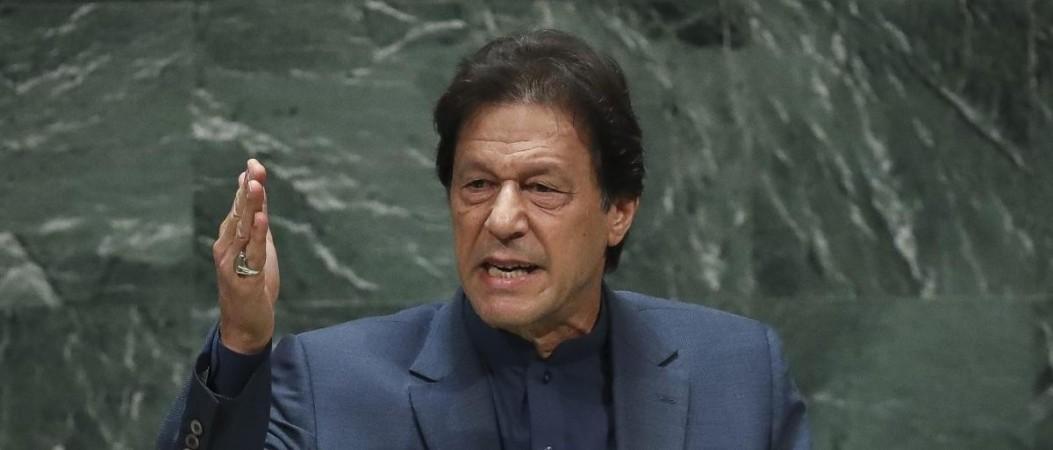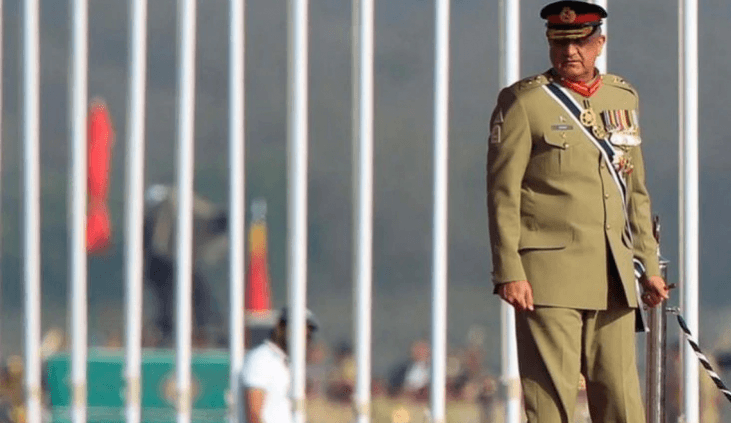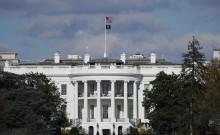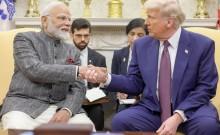With the announcement by global terror financing watchdog FATF nearing and Pakistan's desperation to get cheap COVID-19 vaccines growing, the Islamic nation on Friday said that it was willing to go "an extra mile" to "resolve the Kashmir issue".
While Pakistan observed Kashmir Solidarity Day on February 5 as part of its anti-India rhetoric, Pakistan Prime Minister Imran Khan urged India to engage with it on the Kashmir issue wherein it illegally pokes its nose and, saying that his government was "ready to take two steps forward for peace".
"Rather, it is because of our strength and confidence as a nation that we are prepared to go the extra mile to ensure a just peace that fulfills the legitimate aspirations of the Kashmiri people," Imran Khan said in a tweet.

Pakistan says the people of Kashmir feel oppressed in India and want self-determination, even as the country's army continues to persecute ethnic minorities in its southern parts. The Islamic country has been time and again slammed for sponsoring terrorism to fuel unrest in Kashmir.
Pakistan extends an olive branch as desperation grows
Since the abrogation of special status to Jammu and Kashmir in August 2019, Pakistan has increased its rhetoric against India on the Kashmir issue and has openly pledged to provide all kinds of assistance for what it calls "self-determination" by the people of Kashmir.
Since August 2019, Pakistan has been observing Kashmir Solidarity Day and has organised several anti-India rallies home and abroad.
It is indeed the first time when that the Pakistan government has shown signs of standing down on its virulent propaganda against India. Not so surprisingly, the move comes at a time when Pakistan's desperation is growing to get it removed from the "gray list" of the Financial Action Task Force (FATF) and its urgent need to procure effective, cheap, and easy-to-transport vaccines against COVID-19.

Big heart or compulsion?
Given the ineffectiveness of the China-made Shinopharm COVID vaccine and Pakistan's inability to buy Pfizer and Moderna's vaccines thanks to their high-cost and sophisticated cold storage network that they require, the Islamic country, experts say, is looking towards India to get Serum Institute of India-made Oxford-Astrazeneca Covishield vaccine.
Pakistan has said it plans to vaccinate 70 per cent of its population against COVID-19 and started administering China's Sinopharm COVID-19. Bejing has donated half a million doses of Sinopharm vaccines to Pakistan.
On Thursday, Pakistan said the Chinese vaccine is ineffective in people over 60 years of age. "At this stage, the expert committee has not authorised the Sinopharm vaccine for people older than 60," Pakistan's Special Assistant to the PM on Health Faisal Sultan said. Experts have expressed concerns over the safety and efficacy of the Chinese vaccine.

To vaccine its elderly population, Planning Minister Asad Umar said last week, Pakistan will use India-made Covishield vaccine. Asad said the global COVAX initiative would provide 17 million doses of the Covishield vaccine to Pakistan in the first half of the year as part of its pledge to donate vaccines for 20 per cent of its population.
Between February 22 and February 25, FATF will announce whether it would remove Pakistan from its "gray list" or push it back to the "blacklist". In October 2020, the global terror watchdog had asked Pakistan to implement all the 27 action items involving anti-money laundering and terror financing.
For removal of its name from the "gray list", Pakistan wants to give an impression to the world that it is trying its best to improve relations with India, one of the most influential countries in south Asia, that is growing its clout and soft power by extending a helping hand to needy countries across in the world in wake of COVID-19 pandemic.
Pakistan Army also softens its stance
Pakistan Prime Minister Imran Khan's statement comes days after Army chief General Qamar Javed Bajwa said the country was committed to the idea of mutual respect and peaceful co-existence and 'it is time to extend a hand of peace in all directions.








